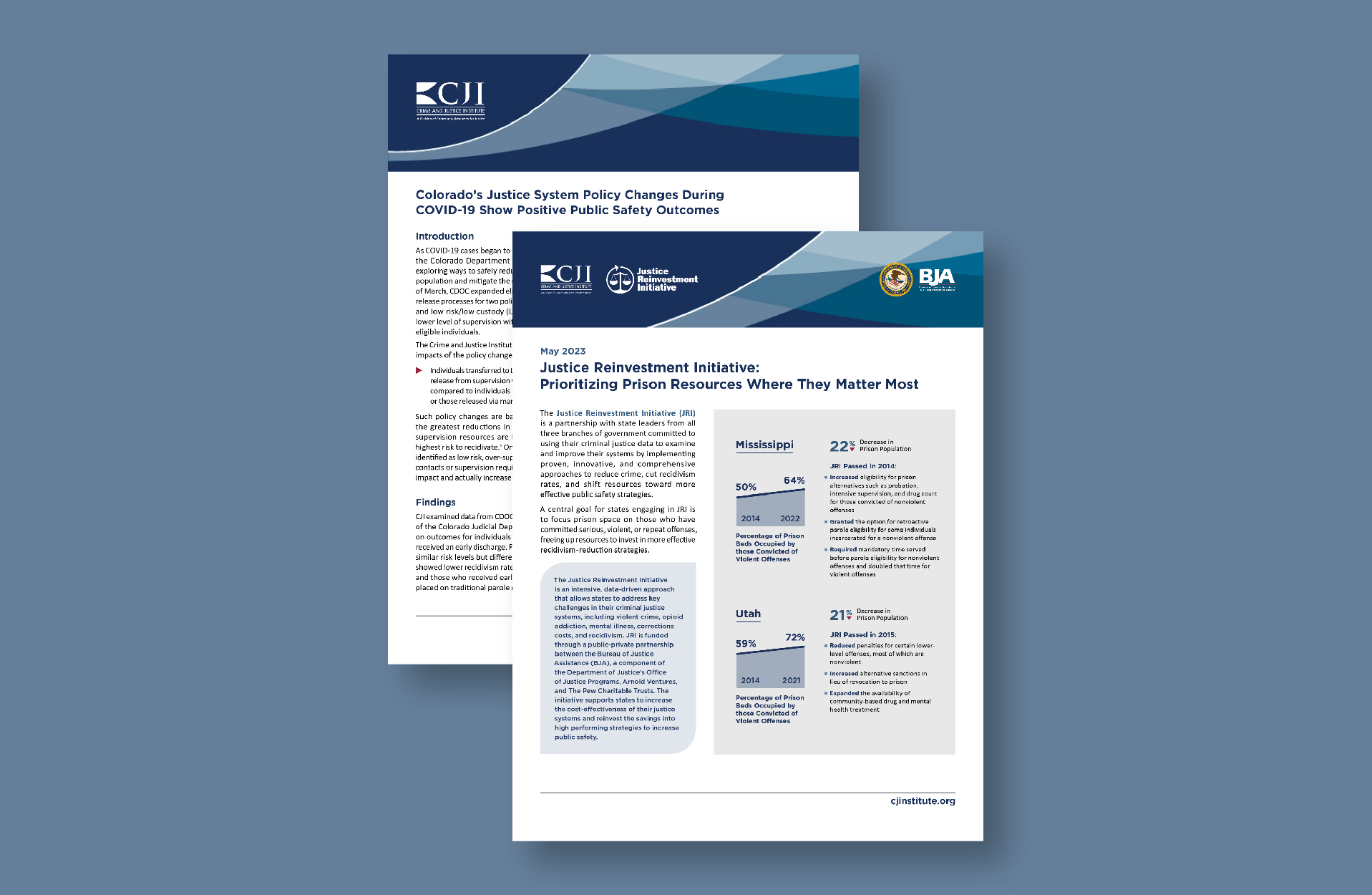
Mississippi by the Numbers
Despite a decade of reforms and declining crime rates, Mississippi has the highest incarceration rate in the nation, 60% higher than the national average. The Crime and Justice Institute’s latest report – Mississippi by the Numbers – calls attention to what may be driving this. CJI’s data analysis, made possible through the generous support of…





